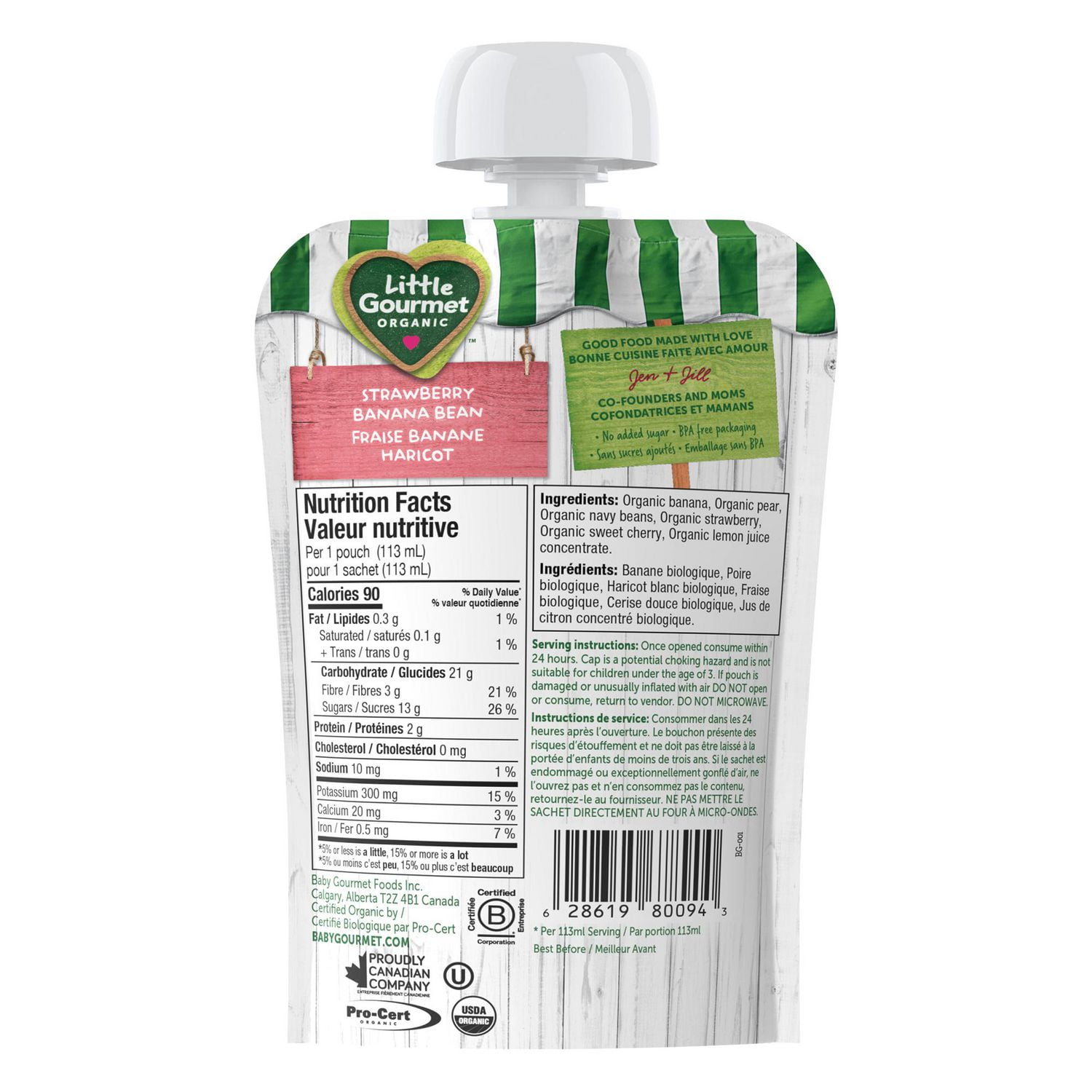In theory, feeding yourself should be one of the easiest things in the world, but in practice, it’s not always that straightforward. In a climate rife with conspiracy theories and baseless (and sometimes dangerous) social media trends, the line between true and false, substantiated and shady, can seem increasingly blurry—at least on the surface.
If you’re not an expert, the constant onslaught of new information can be tough to parse (not to mention overwhelming), so we asked a bunch of registered dietitians to share the top overarching revelations that altered how they thought about nutrition. We’re not talking about the latest buzzy science news or fads, but firm, foundational tenets that have endured (and will continue to do so). Here’s everything they said—and how you can use their insights to bolster your own relationship with food. When misinformation threatens to drown everything else out, these truths can help cut through the noise, serving as a guiding light that helps ground your everyday eating decisions.
1. You’re eating for your brain, not just your body.
You might think of your diet as a tool shaping the way your body looks and acts, but this interpretation overlooks a major piece of the puzzle. Whenever you tuck into a snack or meal, you’re fueling your brain as well as your body, Amber Young, MS, RDN, founder of the North Carolina–based practice Redefined Nutrition, tells SELF. Even though your brain only makes up 2% of your total body weight, it accounts for around a fifth of your total energy requirements—needs that also have to be fulfilled by the food you eat, according to Young. Specifically, “your brain needs around 120 to 130 grams of carbohydrates per day to function optimally,” she says. While this often falls by the wayside in conversations about nutrition that focus only on, say, protein’s muscle-building potential, it makes it all the more important to maintain healthy habits like eating regularly and taking in a balance of nutrients.
2. “Whole” and “home-cooked” isn’t always possible—or automatically the best.
Early on in her career, Vincci Tsui, RD, a certified intuitive eating counselor based in Canada, would recommend that her clients eat whole foods or cook more at home so they had more control over the content of their meals, as she tells SELF. While that advice wasn’t bad, she soon realized that many of her clients weren’t able to put it into practice, whether due to time limitations, financial constraints, a lack of cooking skill, personal preference, or other reasons. People tend to “put pressure on themselves to be cooking from scratch,” Tsui says. As a result, folks can experience feelings of inadequacy and even guilt when they fail to meet those lofty expectations.
What’s more, Tsui also became increasingly aware that the link between such “healthy” eating habits and better health isn’t as clear-cut as it seems. “Most nutrition research is observational, meaning that we can only determine correlations, not causation,” she says. “Even though eating more whole foods or home-cooked meals may correlate with better health outcomes, we don’t know that food is the cause. It might just be that these eating patterns are just a reflection of higher socioeconomic status, better access, and more privilege.” Developing this awareness helped Tsui “bring more compassion and flexibility” to her nutrition counseling—taking limiting factors like time and resources into account, and meeting clients where they’re at rather than where they would be in an ideal world. Now, she’ll often “push back on that misconception that whole foods or less processed foods are automatically ‘better’” when she encounters it in her practice. To the contrary, ultraprocessed foods certainly can be a solid option—which is why SELF decided to include them in our 2025 Pantry Awards.
3. Being thin isn’t the same as being healthy.
While weight and BMI have traditionally been construed as a measure of how healthy you are, more recent research suggests that the correlation is actually deeply flawed in several ways. Not only can dieting and weight-cycling cause psychological harm “by promoting a rigid, judgment-based approach to food and eating,” Thanh Thanh Nguyen, MS, RDN, a registered dietitian at Mendinground Nutrition, tells SELF, they may even have negative effects on physical health, too. When Nguyen started digging, she came across a bunch of research that really helped cement her weight-inclusive approach to her own practice, including a 2012 study published in the Journal of the American Board of Family Medicine that found adopting healthy lifestyle habits was associated with a significantly lowered risk of premature death regardless of BMI; a 2014 re

